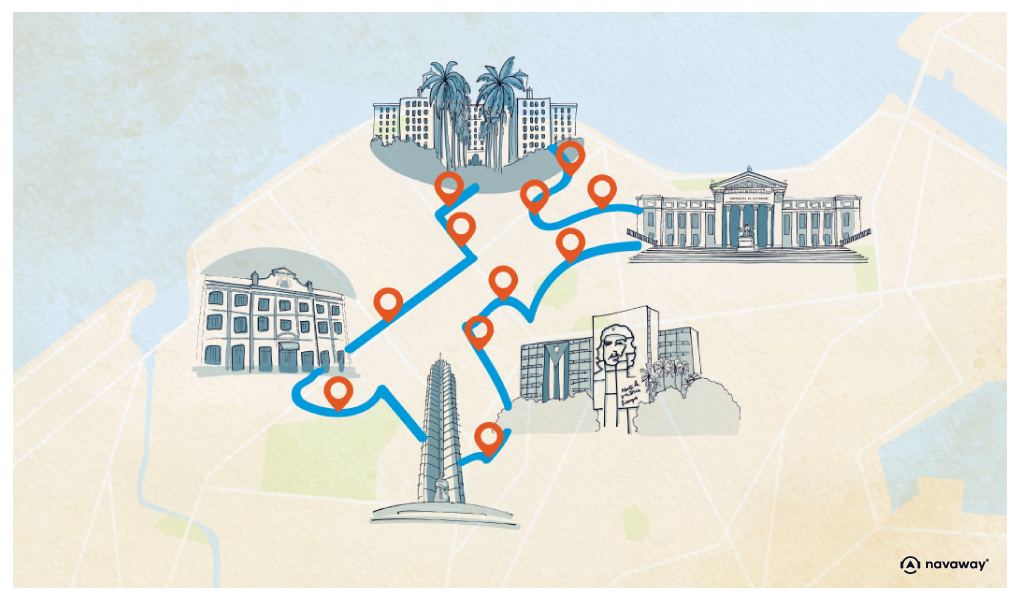
Castillo del Principe
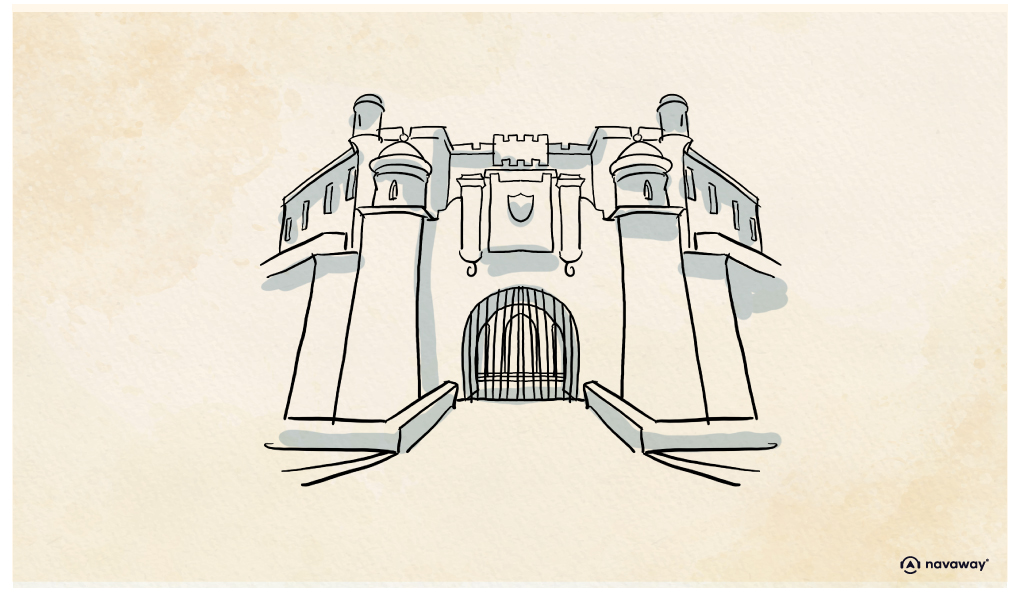
This point of interest is available as audio on the tour: Visit Havana, El Vedado: Between Elegance and Revolution
You might not feel it, but you’re standing near one of the highest points in Havana. To your right is the Loma de Aróstegui—one of the tallest hills in the city. Back in the day, hills were prime military real estate, perfect for building formidable fortresses to ward off and fight enemies. Follow this street and take the second right—onto Calle F—to find the one that defended the Vedado district: the Castillo del Príncipe. After Havana was captured and occupied by the British for nearly a year in 1762, the city realised how vulnerable it was, and began building fortified structures, both inside and outside the city walls. That’s how, in less than ten years, the Castillo del Príncipe came to be. This massive, pentagon-shaped fortress was named in honour of the son of King Charles III of Spain. Its bastions, buttresses, and deep trenches have evolved many times over the centuries. It served as a national, then local prison for nearly 50 years, from the colonial era until the early days of revolutionary Cuba. Most of the prisoners were major political figures and key revolutionaries. Among its most famous prisoners was Julio Antonio Mella, one of the founders of the Cuban Communist Party. Today, the Castillo del Príncipe is a military installation closed to the public, used only for protocol and ceremonial functions. You won’t be able to visit it, but its history is still very much alive in Havana’s memory.

Discover other tours to visit Havana

Discover Havana with app
An interactive guide through the most beautiful streets, squares, and districts
19 fun audioguides full of historical facts, anecdotes, and legends
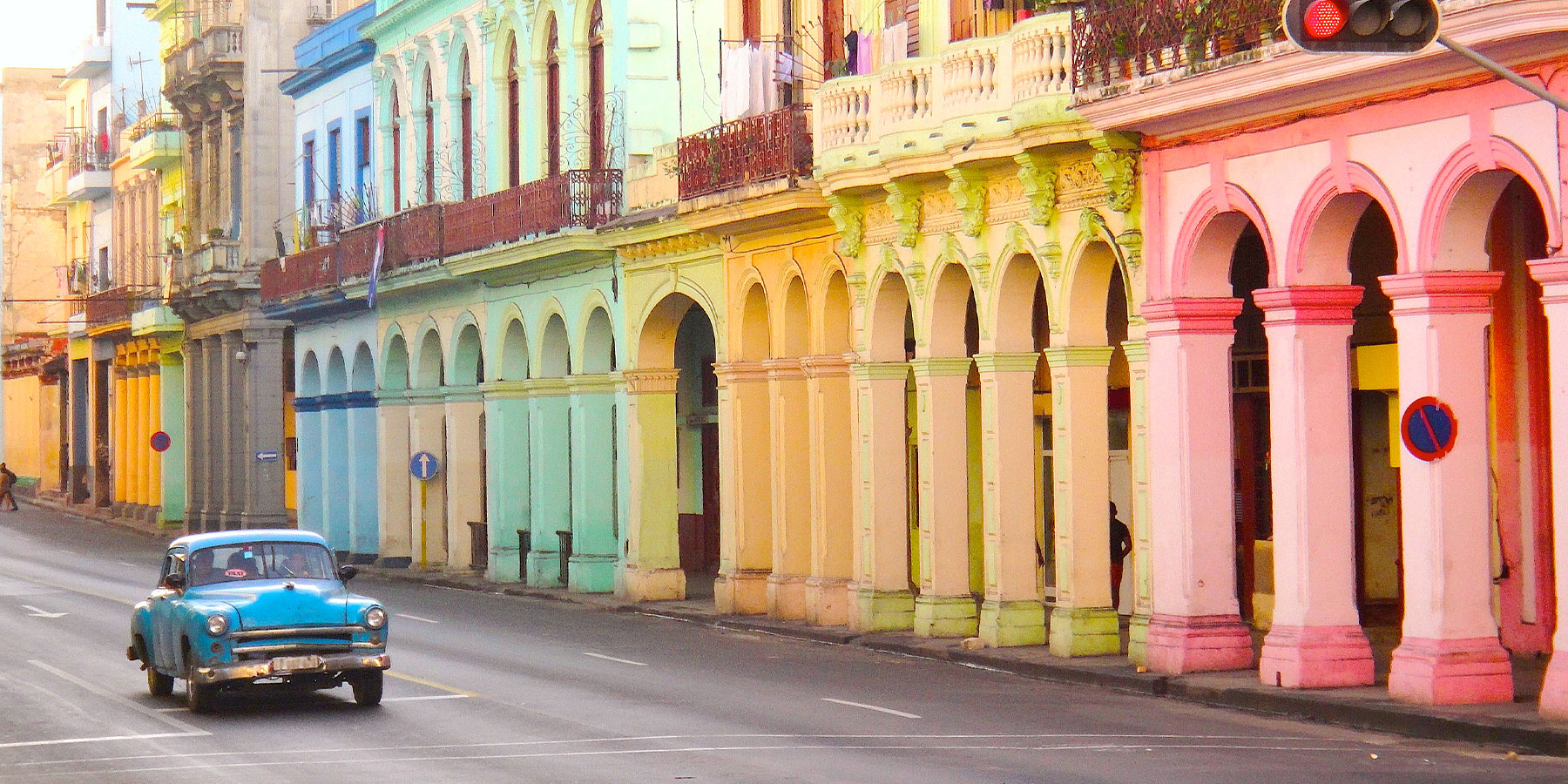
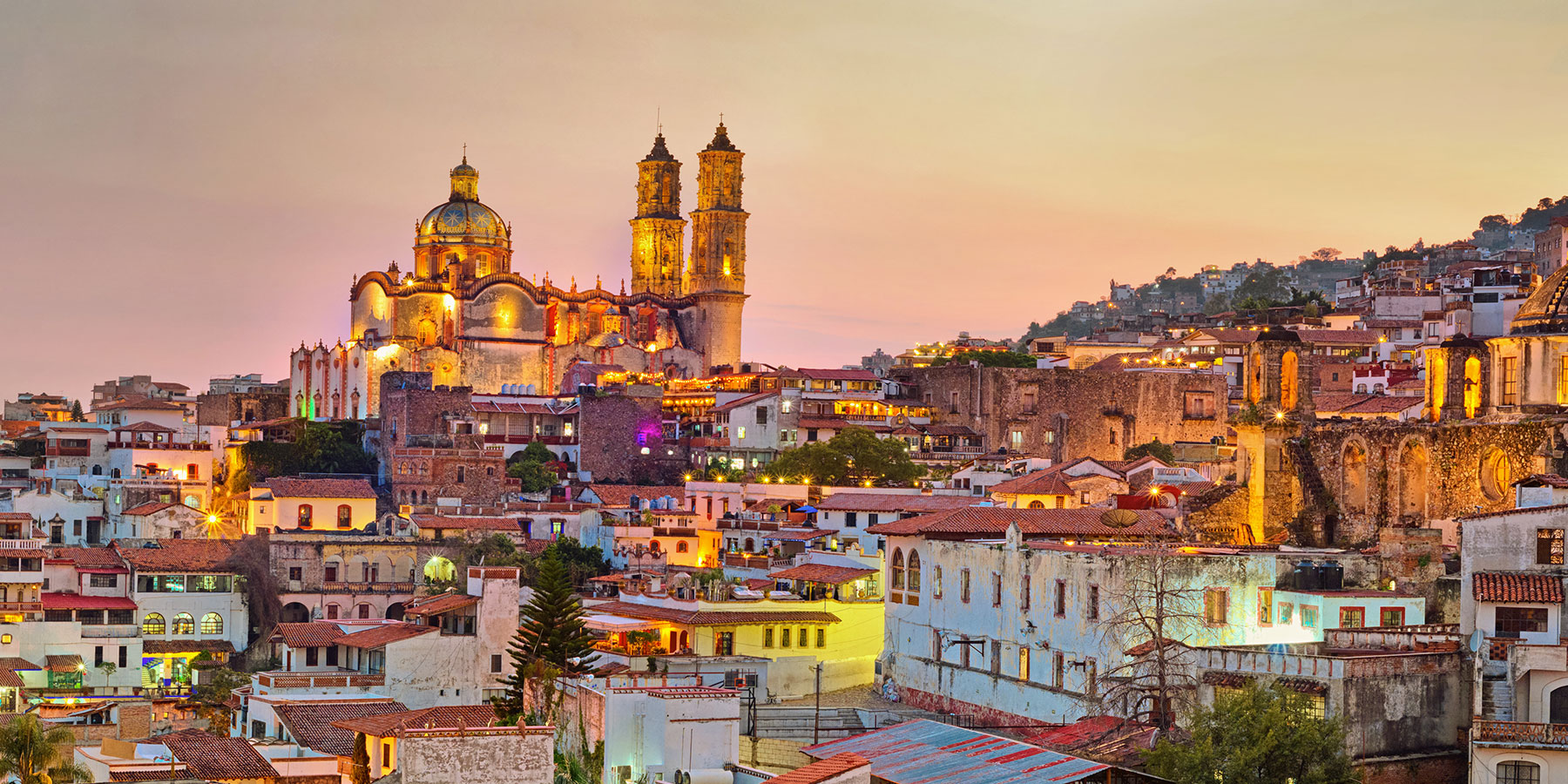
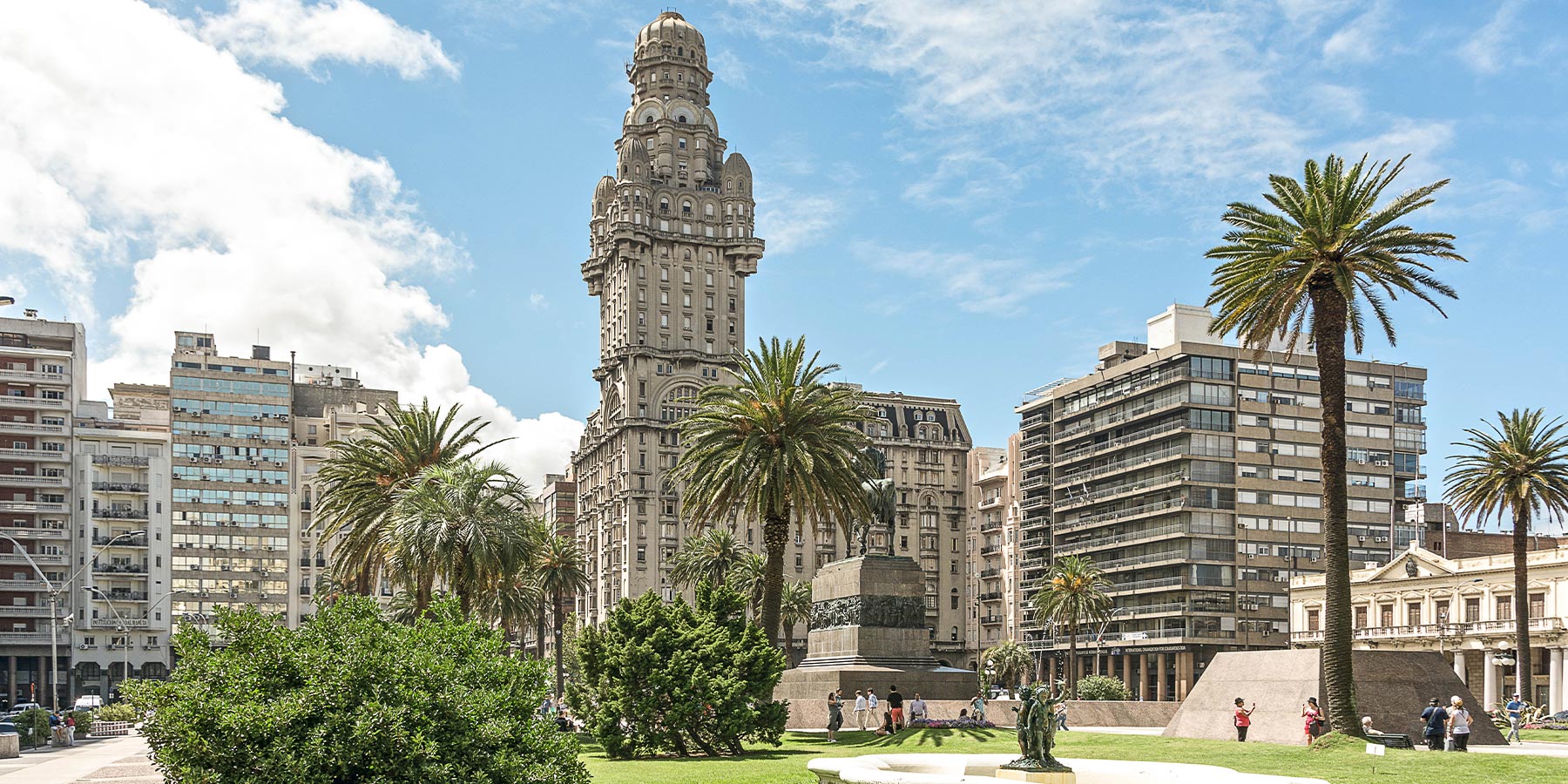
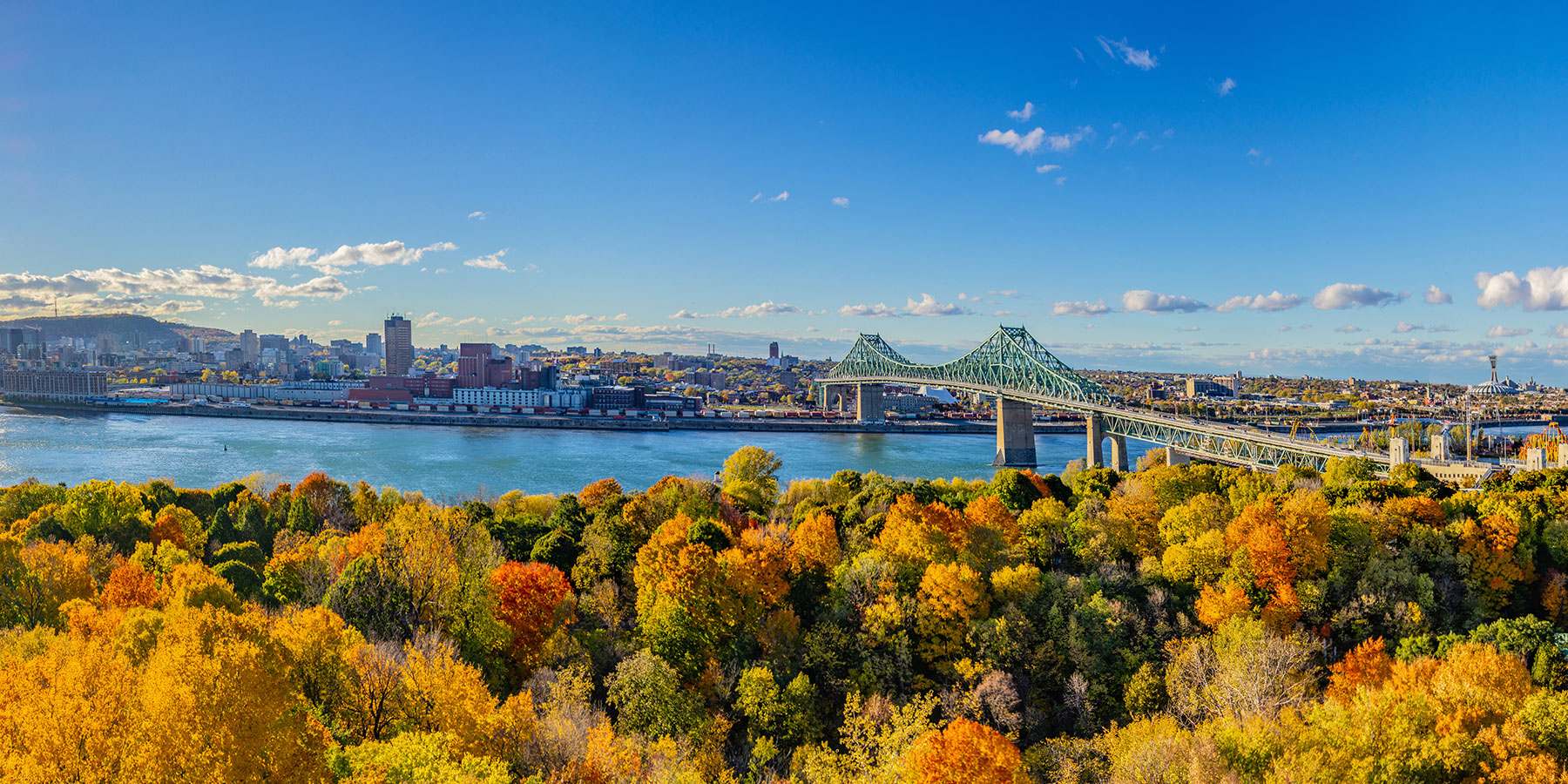
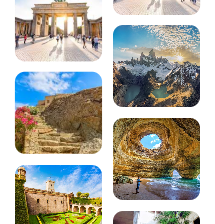

Comments